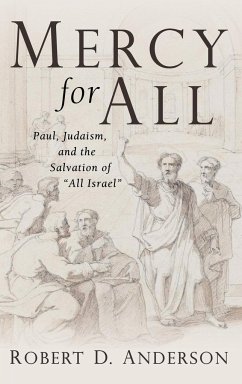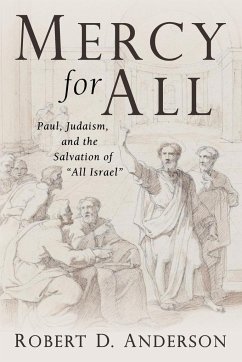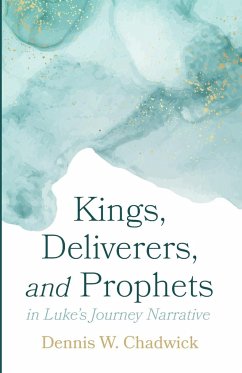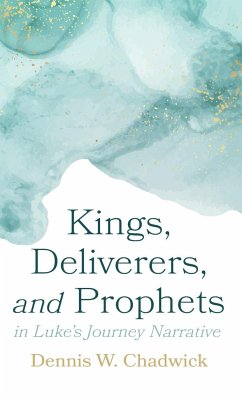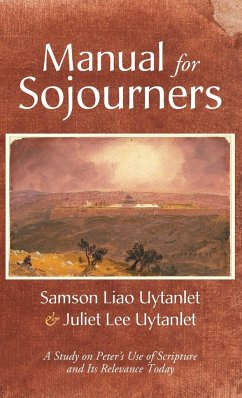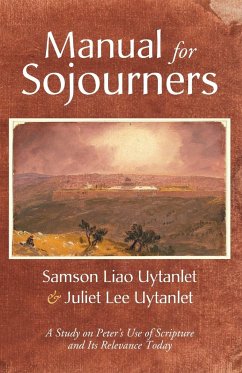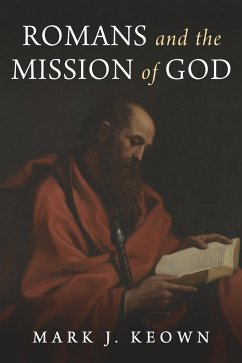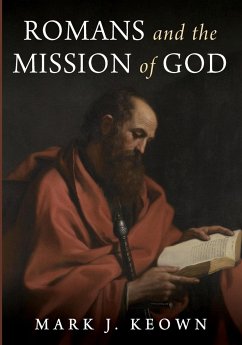This is a study in the interpretation of Paul with a focus on an interpretation of Romans 9 to 11 as a defense of God's faithfulness to Israel. The study begins with reviews of three historical approaches to studying Paul's relationship to the Judiasm of his era, the third anchoring Paul with the Judaism of his time (Second Temple Judaism). It then moves to an interpretation of his writings from a broad framework within that Jewish sociocultural paradigm. The study suggests that Paul's letter to the Romans provides a defense of Judaism, and Romans 9 to 11 provides an argument for God's faithfulness to Israel. Romans 11, particularly 11:25-32, presents a picture of Israel's redemption and how gentiles relate to Israel's redemption, through the mercy they have received via Israel. Gentiles are seen as instrumental in the redemption of Israel. Romans 11:25-32 should be read as a missional paradigm to Israel.
Hinweis: Dieser Artikel kann nur an eine deutsche Lieferadresse ausgeliefert werden.
Hinweis: Dieser Artikel kann nur an eine deutsche Lieferadresse ausgeliefert werden.

